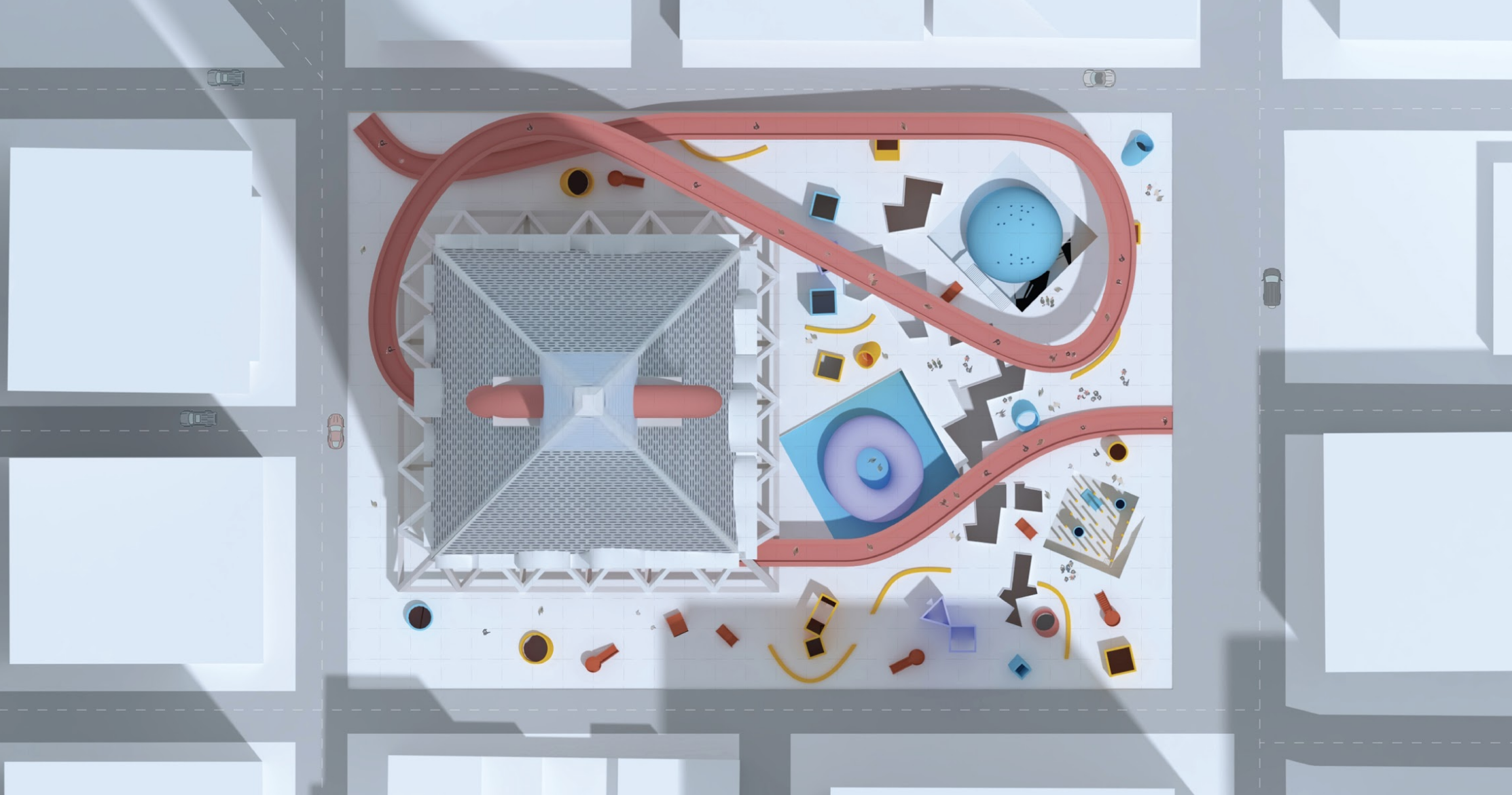Announcing 2018 Summer Research Awards

Congratulations to this year's Summer Research Award recipients! We are thrilled by the ambitious and innovative work they're all completing, and are pleased to be able to provide summer funding to support their research initiatives.
Ritwik Banerji
This summer my research will be shifting from the computational re-performance of the relatively esoteric and formless world of free improvisation to the rather more listenable world of jazz. Over the past few years, I have developed a handful of patches which engage in various kinds of jazz-based musical interactions, one of them being a sort of emulation of the harmonic cliches of Bill Evans. This summer the problem I'm more formally concerned with is moving past the usual focus of most work in this area on creating systems that allow virtual musicians to perform standard jazz forms and instead focusing on systems which allow improvisers to spontaneously generate jazz-based harmonic structures without the use of a predefined composition. One truly exciting part of this summer's work will be to test these systems with various improvisers in Southern California as part of a UC-system wide collaboration on applications of generative theories of language to the study of music.
Noura Howell
Biosensory data, and the data-driven categorizations it supports, are increasingly present in daily life, tracking our behavior and bodies in terms of normative notions of productivity, criminality, and physical and emotional wellness. Smart city biosensing promises greater efficiency, safety, and happiness—but for whom and by what norms? I, along with Greg Niemeyer (Associate Professor, Art Practice) and Wenny Miao (Undergraduate, Mechanical Engineering), ask, how can biosensing and data support more poetic unscripted ways of experiencing daily life? As an alternative vision for biosensing in urban space, Feeler/Crawler/Octopoets wander the environment and invite others to wander too. Their senses/sensors comprise their own quirky perspective, not the all-seeing authority of data surveillance. They blur divisions between sensors, senses, feelers, feelings, and knowledge. This absurd creature suggests being more humble about the kinds of knowledge claims we make with biosensing. It invites us to be curious, open, playful, and joyful with new ways of sensing, feeling, and experiencing urban space and daily life.
Peter Humphrey
I am researching the development of electro-acoustic technology in relation to the way that we create and consume music. I am exploring the ways that music recording and transmission were intrinsically related to control systems and how this had aesthetic consequences. Part of this research leads me to the developments in Hollywood and the pioneering sound studios that were built there, in particular, the Capitol Records Studios completed in 1956. These studios represent the culmination of electro-acoustic technology in music recording that had previously been confined to the movie industry and radio. This summer I will research the community of electro-acoustic engineers that found work in the Los Angeles area and the designers and architects creating these new spaces of audio control. I aim to connect the historical and material concerns of these musical spaces with the larger intellectual currents forming in the late 1950s, in the realm of cybernetics, computing, and psychoacoustics.
Ryan Ikeda
The goal of this inquiry is to clarify methodological differences between DH and Humanities when it comes to the study of electronic literature by conducting archival research and interviews. I ask, how might a digital humanities course teach electronic literature differently than a humanities one? what can we learn about Digital Humanities by analyzing how we teach electronic literature? One way to approach these questions is from a pedagogical perspective—examining curriculum, learning objectives, and teaching practices across Humanities courses—in order to investigate two main assumptions: 1. teaching electronic literature varies across the Humanities; and 2. Digital Humanities differs from these Humanities-based pedagogies.
A second way to approach these questions is through poetics; that is, this project operates upon the premise that our understanding of what electronic literature is informs the way we teach it, and so, pedagogy entails assumptions about aesthetic value and its relation to the digital. Here, my interest is more theoretical than methodological, as I hope, inductively, to identify the referent of “digital” with greater theoretical precision.
Yang Liu
I plan to further develop a virtual reality project in the summer. This project is about exploring the potential usage of virtual reality in architecture design, especially about how to increase a sense of place. The project is based on an existing iconic building which is located at a historical area. By re-designing the existing building and exhibiting the historical images, this project allows users to have an immersive historical tour. The purpose of the re-designing is to create a slightly (un) familiar architecture form so that the sense of place could be stimulated and the present and the past could be linked in the virtual world.
I will begin this project by visiting the historical buildings and museums to better understand the history of the site. With that, I will re-design the building and trying to create an immersive experience for users. In order to do that, I will have to study more about the VR technology and user experience.
Yairamaren Roman Maldonado
My dissertation investigates avant-garde Cuban, Dominican and Puerto Rican writers in the twenty-first century. My research focuses on the articulation of alternative Caribbean imaginations, especially new spatial paradigms of identity. How are Hispanic Caribbean avant-garde writers imagining the Caribbean and constructing performative communities through fiction? I explore contemporary responses to the crisis of the nation that began in the nineties, focusing particularly on the emergence of new technologies and how these trigger literary articulations of space and subjectivities beyond national territoriality. How do Caribbean imaginations respond to the failure and obsolescence of twentieth century political-economic projects contingent on neocolonialism? Why do these imaginations appropriate a post-colonial past to articulate a series of questions about Caribbean identity today? Does new media facilitate the articulation of contemporary Caribbean imaginations?
